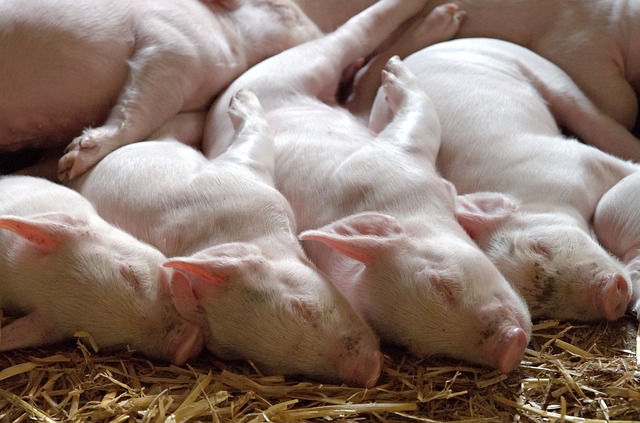Gene Editing’s Extra DNA Problem: Déjà Vu All Over Again
By Belinda Martineau,
Biotech Salon
| 09. 06. 2019
UC Davis researcher Alison Van Eenennaam described the experience of learning that the “poster animals for the gene-editing revolution” do not, after all, comprise the “same outcome [that] could be achieved by breeding in the farmyard,” like she and her collaborators at Recombinetics had been claiming for years, to Antonio Regalado of the MIT Technology Review by saying simply that “We were surprised, but when you get new information, you proceed ahead, that is what science does.”
My reaction back in the early 1990’s to hearing similar news about extra, unintended DNA being inserted into Flavr Savr™ tomatoes, the poster GMOs for the first generation of genetic engineering technology, was somewhat more intense. My boss at Calgene, Inc. at the time, Bill Hiatt, gave me the news as we were traveling on the subterranean moving walkway system that connects the United Airlines terminals at Chicago’s O’Hare airport. I stopped in my tracks (although I kept moving). It just couldn’t be true, I said to myself; the flashing lights and recurrent United theme song intensifying the surrealism I felt at that...
Related Articles
By Diaa Hadid and Shweta Desai, NPR | 01.29.2026
MUMBRA, India — The afternoon sun shines on the woman in a commuter-town café, highlighting her almond-shaped eyes and pale skin, a look often sought after by couples who need an egg to have a baby.
"I have good eggs,"...
By George Janes, BioNews | 01.12.2026
A heart attack patient has become the first person to be treated in a clinical trial of an experimental gene therapy, which aims to strengthen blood vessels after coronary bypass surgery.
Coronary artery bypass surgery is performed to treat...
By Staff, ScienceDaily | 01.05.2026
Scientists at UNSW Sydney have developed a new form of CRISPR technology that could make gene therapy safer while also resolving a decades-long debate about how genes are switched off. The research shows that small chemical markers attached to DNA
...
Following a long-standing CGS tradition, we present a selection of our favorite Biopolitical Times posts of the past year.
In 2025, we published up to four posts every month, written by 12 authors (staff, consultants and allies), some in collaboration and one simply credited to CGS.
These titles are presented in chronological order, except for three In Memoriam notices, which follow. Many more posts that are worth your time can be found in the archive. Scroll down and “VIEW...




